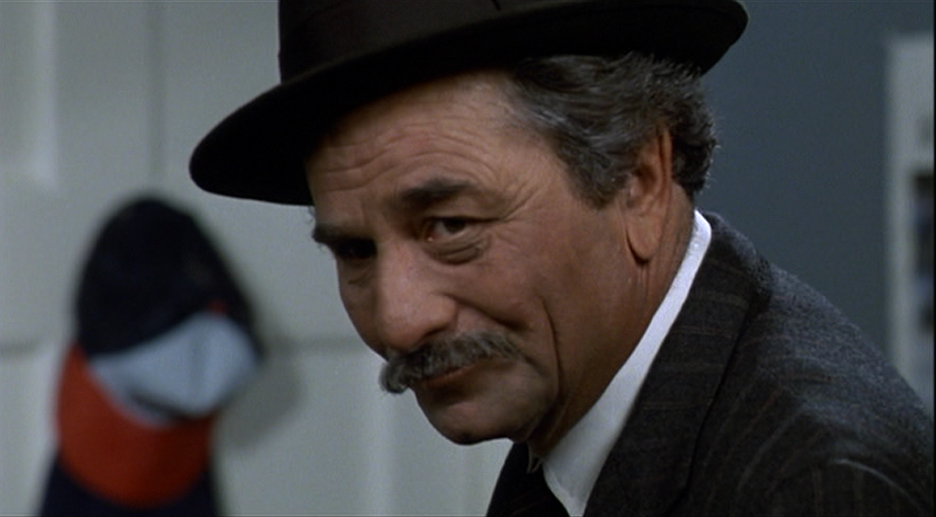Jason Farley gave a talk recently on frame narrative, using The Princess Bride as an example. The story of Wesley and Buttercup is set within the frame, the encompassing context, of the Grandfather and his Grandson. At the beginning, the boy doesn’t understand the Grandfather’s signs of affection, but moans—he’ll pinch my cheek—and reluctantly agrees to listen while his grandfather reads him a story. As he listens, he enters imaginatively into the world of the story, and learns Love. He learns what his grandfather has been trying to show him. And at the end he returns love, asking his grandfather to come back and read it again.
The characters and events of the fairy tale have layered meanings. Within the tale, Wesley’s pursuit and rescue of Buttercup demonstrate his integrity and love, and overcome her cynicism and despair. In the frame, those same characters and events are the self-revelation of the Grandfather to his grandson. Through the reading, he makes himself present to the boy in such a way that the boy is able and willing to draw near.
The Princess Bride is a great example of the effects of the frame because Goldman wrote both the novel and the screenplay. The fairy-tale is essentially the same in both, but in the frame narrative of the book, the tale is used to display the difficulty in adapting an older work for modern tastes (and is thus a commentary on these differences), and all the attending legal and publishing troubles. The two frames make the internal story mean two different things.
The importance of knowing the frame is evident in the book of Job. If we did not see the “day when the sons of God came to present themselves before Yahweh,” we would probably agree with the counsel of Job’s counselors. Clearly, all this disaster is from the hand of God. God does not punish the innocent. Job must have done something wrong. Why won’t he just admit it and repent? Job maintains his innocence and says he does not deserve the punishment. The frame changes our understanding entirely. Job is not being punished. God is putting Job’s faithfulness on display for the cosmos, and is maturing Job to bring him into his own council. Without the frame, we would misunderstand the disaster just as Job and the friends do.
In God of Hope, Dr. Leithart displays the wonderful life and love shared within the Trinity. The life and love that proceeds from the Father is gifted to the Son through the Spirit. It is received with gratitude and returned with love. The Father is eternally begetting, overflowing with this life and love toward another, the Son. The Son is eternally begotten, proceeding from the Father. The Father is entirely outward and other focused, toward his Son, through the Spirit. The Son is likewise outwardly and other focused toward his Father.
This shared life, this intra-Trinitarian love, is the frame, the context within which all else is to be understood. I seems to me that this cannot be emphasized enough. It is the sine qua non of Christianity. If we miss this, or forget or ignore it, we will make mistakes like that of Job’s counselors. Heretical offshoots like Islam, Jehovah’s Witnesses, and Mormonism all began with the bible. The Jews use the Old Testament. Other groups build “churches”, perform sacraments, baptize, worship god or gods, and maintain a clergy. None of these serve the Three-Person’d God, and so they tell very different stories.
This inner life of the Trinity is the frame narrative into which the cosmos is spoken. The Father breathes out his Spirit and with his Word creates an other—the heavens and the earth. It is a gift to the Son. The Son receives this gift and makes it fruitful, multiplying sons, filling it and subduing it to bring it to maturity and glory. He gardens the world, shepherds it, draws it all toward himself. When he has glorified it—when the world knows that he loves the Father—he returns it all to his Father so that his Father might be all in all.

